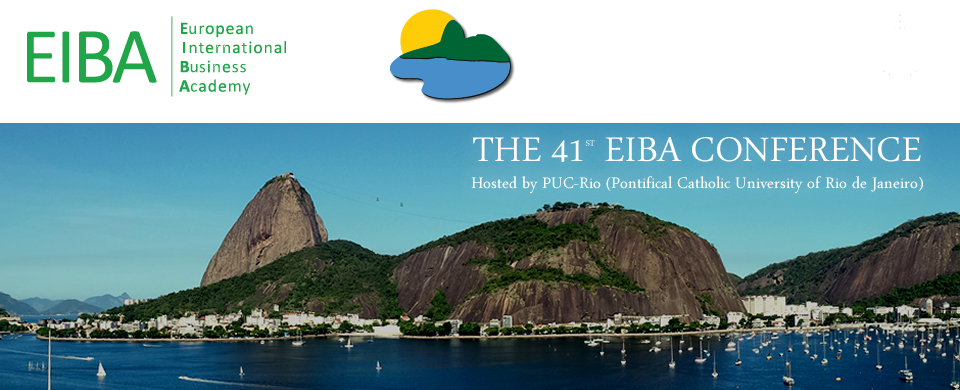Paper Submission Deadline: April 30, 2015
Please, note that this is an earlier than usual deadline. The reason is to have results announced by the end of June so that delegates can make reservations (airlines, hotels) early on and benefit from expected discounts.
International Business after the BRIC’s Rush
Many signs indicate that the BRIC’s rush is ending. First, the BRIC’s economies have slowed their sky rocketing growth. Second, it seems that all the good spots there have been taken. The massive arrival of foreign firms in the past 15 years and the rapid strengthening of local companies leave very little room for new entrants. Clearly, these markets have not exhausted their growth potential, but the golden era is over. Many other countries are now candidates to becoming the new darlings of investors, businesspersons and… international business scholars.
The IB discipline can contribute in many ways to this new era. We only suggest a few venues of research:
- There is a need to develop manager-friendly tools to assess market attractiveness. The classic market potential indexes may be useful in an economics-geography class, but they have little practical relevance for most companies.
- The new favorite markets may be even more challenging for investors, executives and scholars. Research on how to operate in such unknown and diverse environments is needed even more.
- For the would-be future star countries’ governments and companies, what are the lessons that can be drawn from the BRIC’s story? How to attract foreign investors? How to deal with international competition more effectively? Is it interesting for a country to become a source or a destination of FDI? What are the implications for the local societies? What are the new ethical, environmental and social issues?
- The new context demands novel ways to conduct international business – for example, value chain management, marketing strategy, HRM, R&D, country selection, entry modes, networking, governance structures, national industry policies – in addition to societal, ethical and environmental concerns.
- The new context also potentially calls for a revision of research methods, theories, content and pedagogical tools.
Great challenges and great opportunities lie ahead for IB scholars, executives and policymakers!
Papers on the conference theme track as well as on the other conference tracks will be welcome.
These are the tracks for the EIBA 2015 conference in Rio de Janeiro:
- International business after the BRIC’s rush (conference theme track)
- Developments in IB theory
- International marketing
- FDI in and from emerging market economies
- SMEs, international new ventures and international entrepreneurship
- International finance, accounting and corporate governance
- International HRM and cross-cultural management
- Foreign entry mode and management of the value chain
- Headquarters-subsidiary relations, knowledge transfer and inter-firm spillovers
- MNEs, institutional environment, corporate social responsibility and sustainable development
- MNE strategy and organization
- International networks and alliances
- Special track: Methods in international business research
- Special track: Teaching international business
Note: This year, the EIBA conference welcomes teaching cases, which should be submitted to Track 14. We are particularly, though not exclusively, interested in teaching cases that feature emerging market contexts. Besides teaching cases, Track 14 also welcomes contributions regarding innovative approaches to improving education of IB at all levels and making it more enjoyable for both students and teachers.
If you want to download the call for papers, click here.
